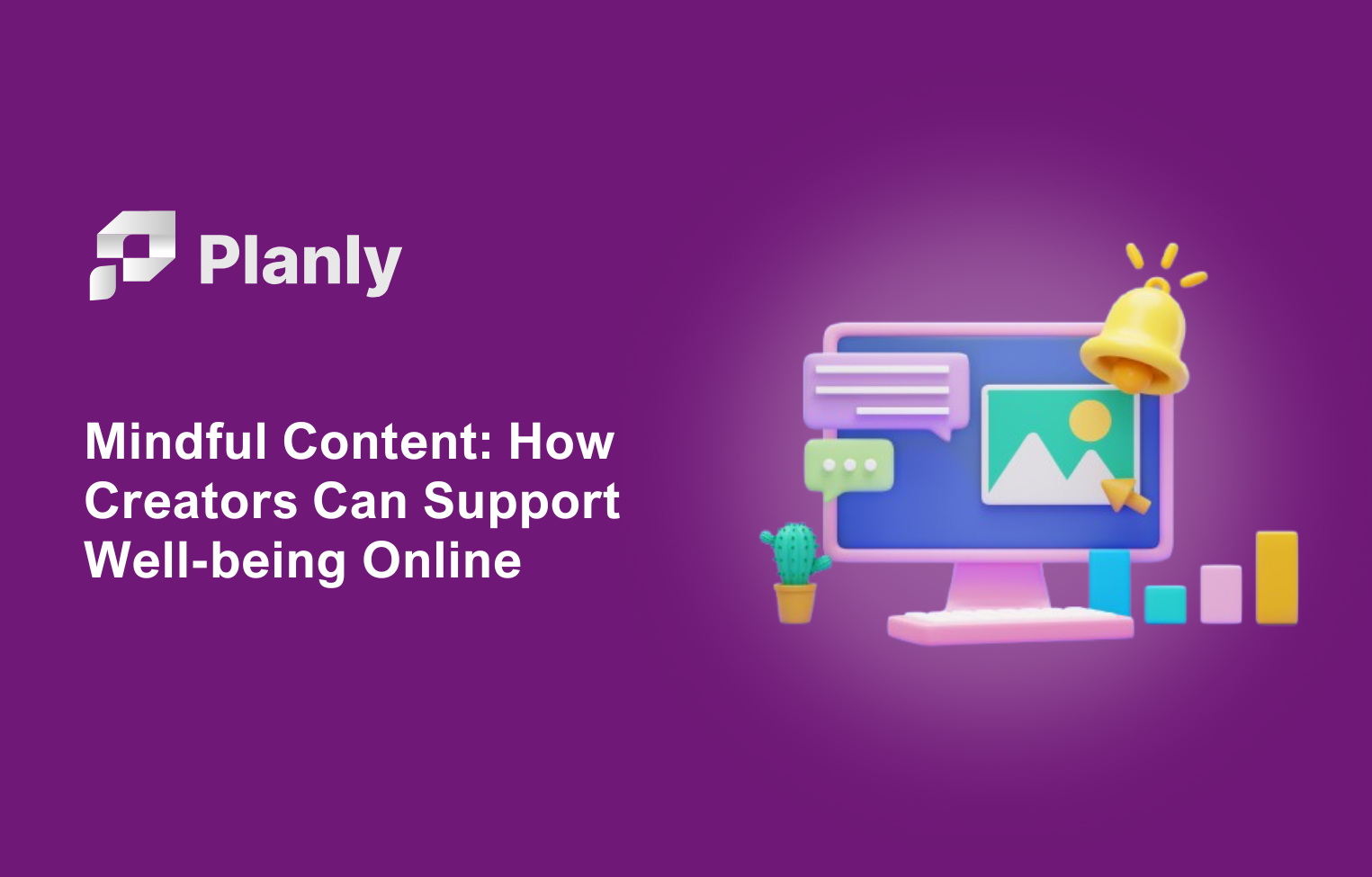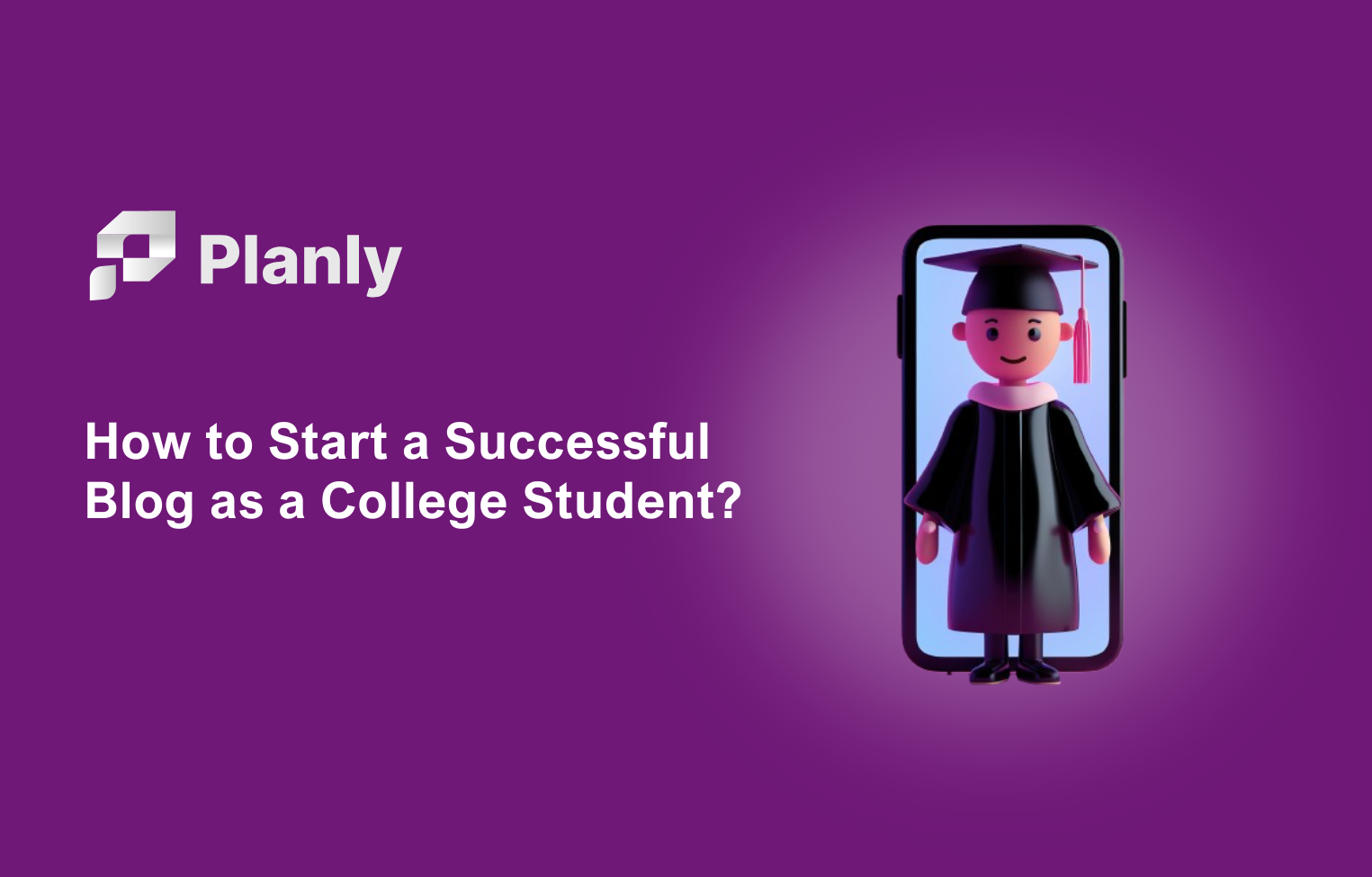Black History Month is a time to celebrate and honor the achievements and cultural contributions of Black individuals throughout history. In the age of social media, platforms provide powerful opportunities to spread awareness, educate, and engage audiences in meaningful conversations. From thought-provoking visuals and engaging storytelling to community-focused initiatives, this article explores a range of compelling Black History Month campaign ideas for social media.
Thought-provoking Visuals
Visuals play a pivotal role in capturing attention and conveying powerful messages. They have the ability to transcend language barriers and evoke emotions, making them an ideal medium to honor Black culture, convey critical narratives, and confront social issues during Black History Month. With their captivating nature, visuals serve as a powerful tool for brands and individuals to educate and inspire audiences about the struggles, achievements, and contributions of the Black community. By utilizing visuals effectively, the essence of Black History Month can be brought to life, allowing for meaningful conversations and greater societal awareness and understanding. Here are how you can leverage visuals during this honorary month:
Showcase Influential Black Individuals
One effective way to pay tribute to Black History Month on social media is by showcasing influential Black individuals who have made significant contributions to society. Create visually captivating graphics with inspiring quotes and compelling anecdotes, accompanied by a brief overview of the person's achievements. These posts can be shared on various social media platforms, creating awareness and appreciation for Black leaders, innovators, and trailblazers.
Highlight Historical Milestones
History is an essential element of Black History Month. On social media, share captivating visuals that highlight significant milestones in the struggle for racial equality and cultural progress. Utilize infographics, animated videos, or photo carousels to bring historical events to life, allowing users to engage with and learn from these pivotal moments. For instance, commemorating the March on Washington or the abolition of slavery can help educate and inspire conversations surrounding long-standing systemic issues.
Emphasize Cultural Icons
Black culture has greatly influenced various fields, spanning music, fashion, arts, literature, and sports. On social media, celebrate the rich cultural heritage by highlighting renowned Black icons who have shaped these industries. Share captivating images, videos, or short biographical posts that showcase their achievements and contributions. Additionally, consider collaborating with contemporary influencers or artists to further engage audiences and promote cross-cultural exchange.
Engaging Storytelling
Social media offers the perfect platform to share stories and engage audiences in authentic and relatable ways. By utilizing various storytelling techniques during Black History Month, brands and individuals can foster empathy, evoke emotions, and promote understanding. Through social media, these stories become accessible and shareable, reaching a wider audience and sparking meaningful conversations. With this approach of engaging storytelling, you can share personal narratives, collaborate with influencers, and create interactive quizzes and trivia to further enrich the dialogue during Black History Month and connect people across different backgrounds.
Share Personal Narratives
Personal narratives from Black individuals provide a powerful means of conveying experiences, struggles, and triumphs. Encourage those within the Black community to share their stories, either through written posts, videos, or live streams. This opens the door for dialogue, awareness, and empathy among social media users. Remember to create a respectful and inclusive space where voices are heard, valued, and amplified.
Collaboration with Influencers
Collaborating with influential Black social media influencers, content creators, and activists can significantly expand the reach and impact of Black History Month campaigns. These collaborations allow for the amplification of important messages and diverse perspectives. Influencers can be recruited for features, interviews, or curated content, creating unique opportunities for knowledge sharing and engagement.By integrating a Twitter scheduling app into your Black History Month campaign, you can guarantee that your posts are consistently released, maintaining a steady and impactful presence throughout the month.
Interactive Quizzes and Trivia
Interactive content formats, such as quizzes and trivia, not only entertain but also educate and engage users. Create interactive posts that test the knowledge of your social media audience regarding Black history, significant achievements, and cultural contributions. Reward correct answers with informative content, prizes, or shout-outs, encouraging participants to delve deeper into Black history and explore related topics.
Community-Focused Initiatives
Black History Month provides an excellent opportunity to rally support for the Black community and amplify the voices of Black-owned businesses, non-profit organizations, and grassroots initiatives. By fostering a sense of unity, empathy, and support, social media platforms can serve as transformative spaces during this significant month. Highlighting these businesses and organizations on social media not only raises awareness but also drives tangible support, empowering them to continue their vital work within the community. These platforms can also serve as a hub for educational content, allowing users to learn about and engage with Black history and current issues more deeply.
Amplify Black-Owned Businesses
Utilize social media platforms to promote and amplify Black-owned businesses throughout Black History Month. Highlight their products, services, and unique stories through dedicated posts, features, or partnerships. Encourage users to support these businesses by commenting, sharing, and making purchases. Additionally, consider organizing special promotions, discount codes, or partnerships to further boost their visibility and create a lasting impact.
Support Non-Profit Organizations
Collaborate with reputable Black-focused non-profit organizations and charities to raise awareness and drive donations. Feature their missions, impactful projects, and success stories on your social media accounts. Encourage your followers to contribute, either financially or by volunteering their time. Share powerful testimonials and statistics to underline the importance of supporting these organizations, ultimately inspiring a sense of solidarity and collective responsibility.
Facilitate Discussions and Panels
Social media platforms allow for open conversations and dialogue around important topics. Organize virtual discussions or panels on Facebook Live, Instagram Live, or Twitter Spaces, exploring themes related to Black history, experiences, and ongoing struggles. Invite Black activists, historians, artists, and influencers to share their insights and engage with your audience in real-time. Remember to create a safe and respectful environment, ensuring that diverse experiences and perspectives are heard and valued.
Connecting Communities: Celebrating Black History Through Social Media
Black History Month presents a valuable opportunity to honor the achievements, contributions, and resilience of the Black community. Social media platforms provide powerful tools to engage audiences, educate, and foster empathy across diverse audiences. By utilizing thought-provoking visuals, engaging storytelling, and community-focused initiatives, individuals and brands can leverage social media to create meaningful and lasting impacts during this significant month of celebration and reflection.
Through powerful visuals, celebrating influential figures and highlighting historical milestones, social media campaigns can educate and inspire audiences. Engaging storytelling techniques such as personal narratives, collaborations with influencers, and interactive quizzes facilitate authentic conversations and promote understanding. Lastly, community-focused initiatives, including amplifying Black-owned businesses, supporting non-profit organizations, and hosting discussions, foster unity, and empower the Black community.









